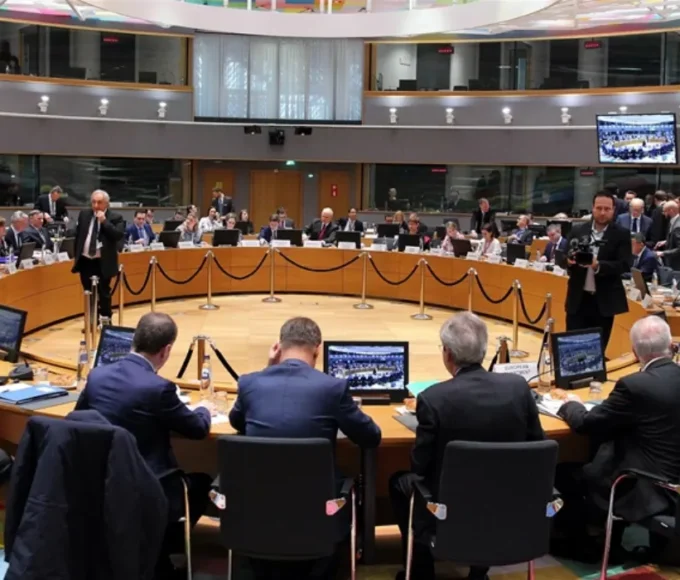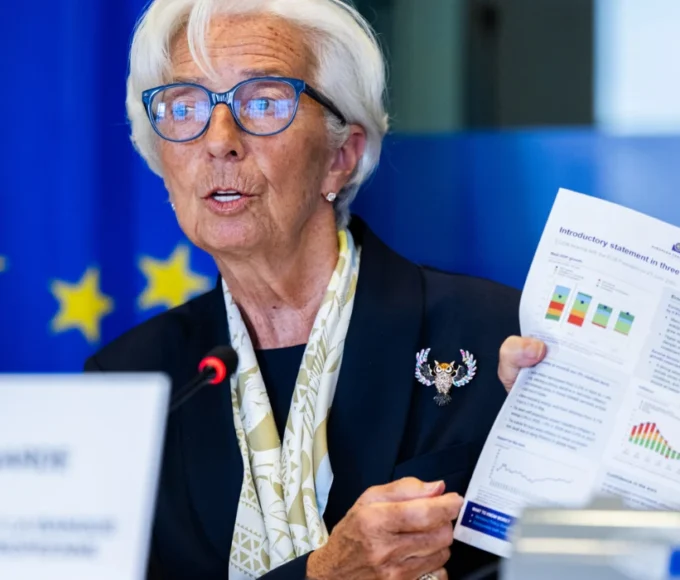Bosnia and Herzegovina is advancing its European Union accession ambitions, supported by a close partnership between the EU and the Council of Europe. The country faces critical reform deadlines through 2027 to align with European standards in judiciary, governance, and legal frameworks. Driven by both internal political challenges and external encouragement, Bosnia’s trajectory toward EU integration depends largely on its ability to implement key reforms and maintain political stability.
Progress and Reform Agenda Toward EU Accession
Bosnia and Herzegovina was granted candidate status by the European Council in December 2022, formalizing its position on the path to EU membership. This followed years of constitutional reforms and compliance with prerequisites such as the Dayton Agreement. The country formally applied for EU membership in 2016, but significant hurdles remain.
Key Reform Milestones
- The country must meet reform obligations detailed in the Reform Agenda, specifically by the end of 2027.
- Critical legislative reforms include adopting a new law on the State Court and transforming the High Judicial and Prosecutorial Council to align fully with EU judicial standards.
- Bosnia must appoint an operational chief negotiator to spearhead and coordinate accession negotiations, a role pivotal for navigating the complex legislative evaluation process involving thousands of pages of compliance documentation.
EU Commissioner Kos highlighted the necessity of assigning this negotiator urgently to ensure Bosnia’s accession process advances pragmatically and efficiently.
Challenges in Bosnia’s Political Environment
The EU accession path for Bosnia is entwined with the broader political landscape, which remains fragmented and tense. The influence of Milorad Dodik, the former president of Republika Srpska, has been a disruptive factor given his separatist stance and recent imprisonment for related actions.
Political Factors Impacting EU Integration
- Republika Srpska’s early presidential election in November 2025 and the general elections in Bosnia in October 2026 are pivotal moments that could influence reform trajectory.
- The ruling coalition at the state level has fractured, with some groups continuing to support obstructive policies, complicating governance and reform implementation.
- The EU emphasizes zero tolerance toward secessionist policies, urging political leaders to focus on unifying efforts geared toward EU integration.
Senior analysts observe that the EU accession process has resisted being manipulated by political power plays, with EU actors committed to genuine reform rather than backroom compromises.
Support from EU and Council of Europe
Multiple visits and missions from the European Parliament and Council of Europe reaffirm the EU’s commitment to Bosnia’s European future. These entities provide technical and political support aimed at strengthening Bosnia’s democratic institutions, judicial independence, and respect for human rights — all pillars necessary for EU accession.
Concrete Areas of Cooperation
- Judicial reform and strengthening rule of law institutions.
- Enhancing human rights protections and minority safeguards.
- Supporting education reforms and anti-corruption measures.
- Promoting political stability through dialogue and institution-building.
These activities form part of Bosnia’s broader Growth Plan for the Western Balkans, designed to aid economic recovery and provide access to crucial EU funding once conditions are met.
Current Status and Outlook
- The European Council set conditions to open accession negotiations by March 2024, pending Bosnia’s fulfillment of member state criteria.
- Although accession talks are set to start once reforms are properly in place, Bosnia remains one of the least prepared EU candidates, with significant progress needed.
- EU leaders continue underlining that Bosnia cannot afford delays and must complete all necessary reforms without losing momentum.
- Bosnia benefits from visa-free travel within the Schengen area since 2010 and participates in regional trade agreements under the Stabilisation and Association Process.
Importance of Stability and Reform for Future EU Membership
Bosnia’s ability to achieve full EU membership hinges on its success navigating complex political realities and delivering meaningful reforms on governance, judiciary, and democratic practices. The EU and Council of Europe partnership provides both a roadmap and sustained support to help Bosnia meet membership obligations.
Bosnia’s European Integration at a Crucial Crossroads
Supported by the EU and Council of Europe, Bosnia and Herzegovina is steadily advancing toward EU accession by prioritizing the application of European standards across its political and judicial systems. With looming deadlines and a challenging political climate, the success of this process will depend on the country’s political will, coherent reform implementation, and continued international cooperation. Bosnia stands at a defining moment its European future shaped by the reforms it enacts today and the stability it maintains through forthcoming elections and political transitions.
Bosnia’s journey towards the European Union reflects both the promise and complexity of integrating a diverse, multi-ethnic country into the EU framework. With sustained support and committed reform efforts, Bosnia can hope to join the EU family in the years ahead, ensuring peace, prosperity, and European values for its citizens.








